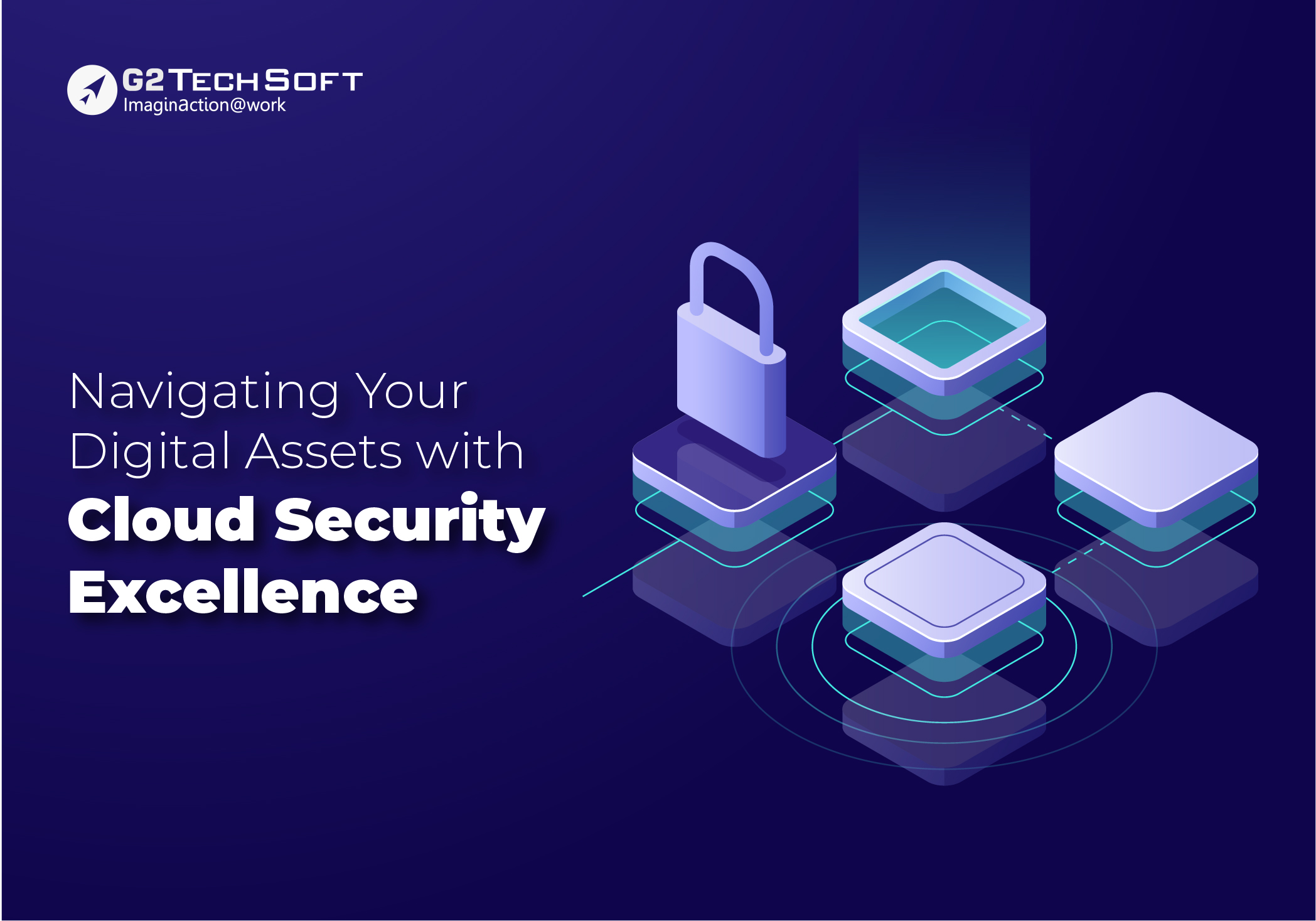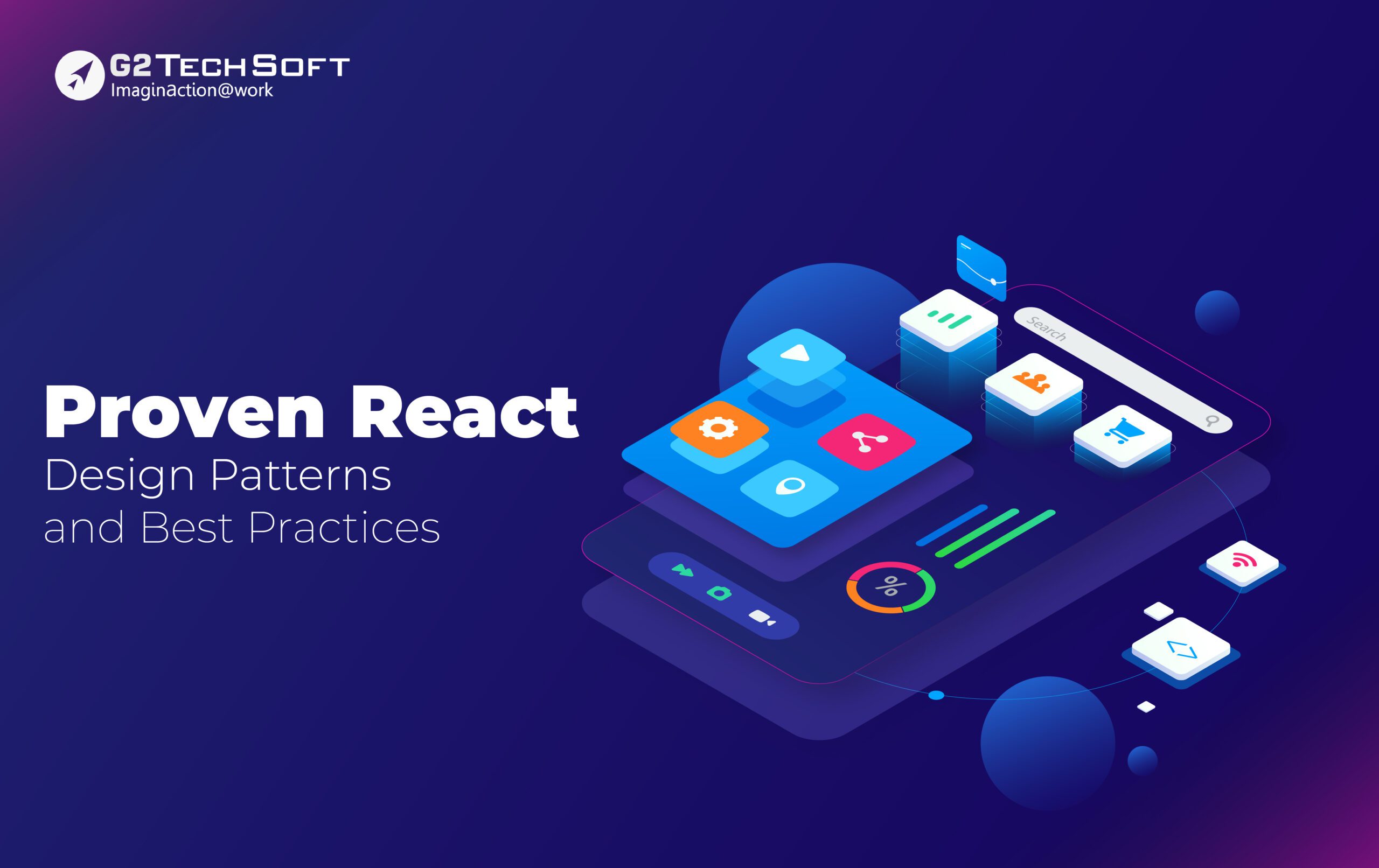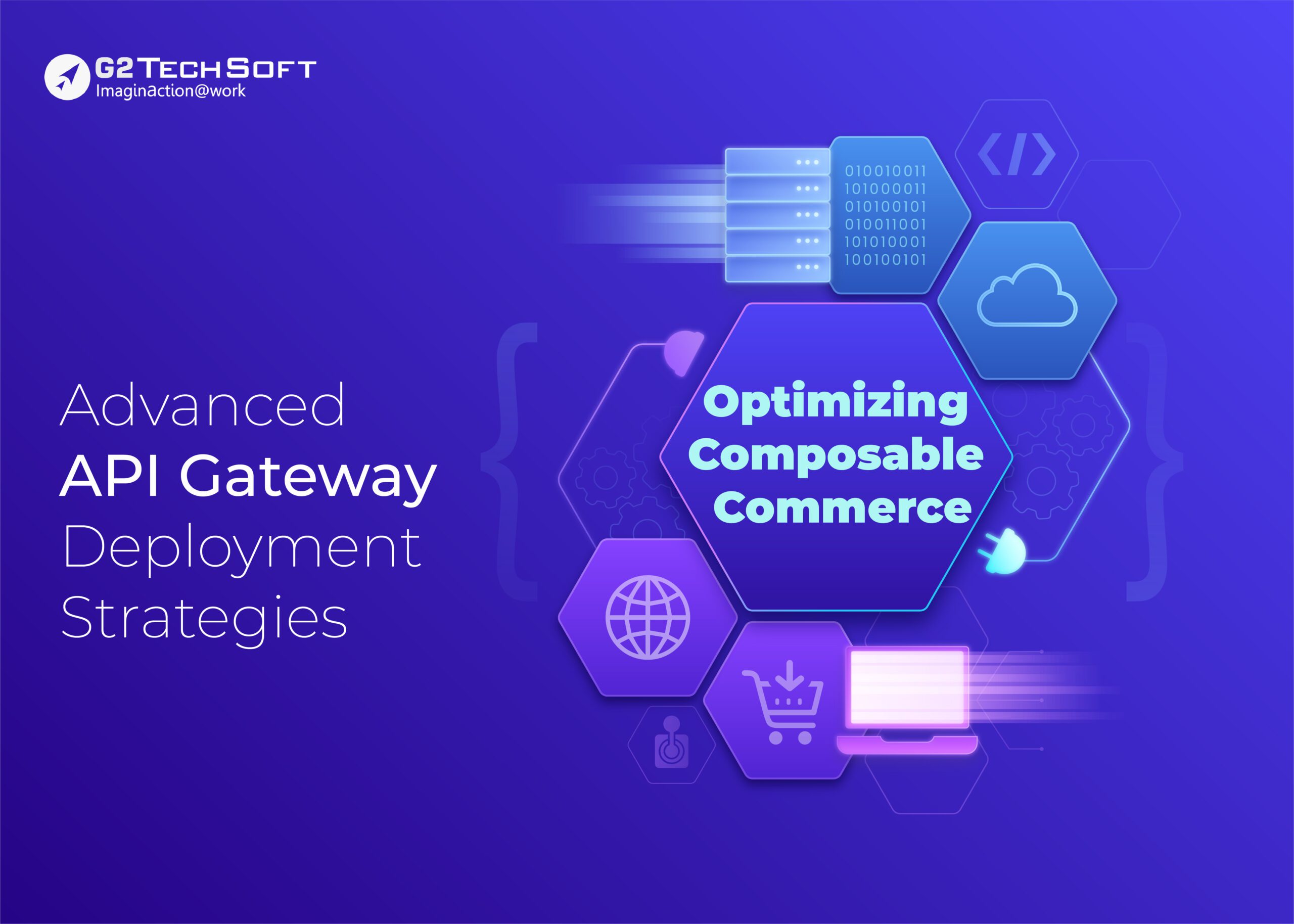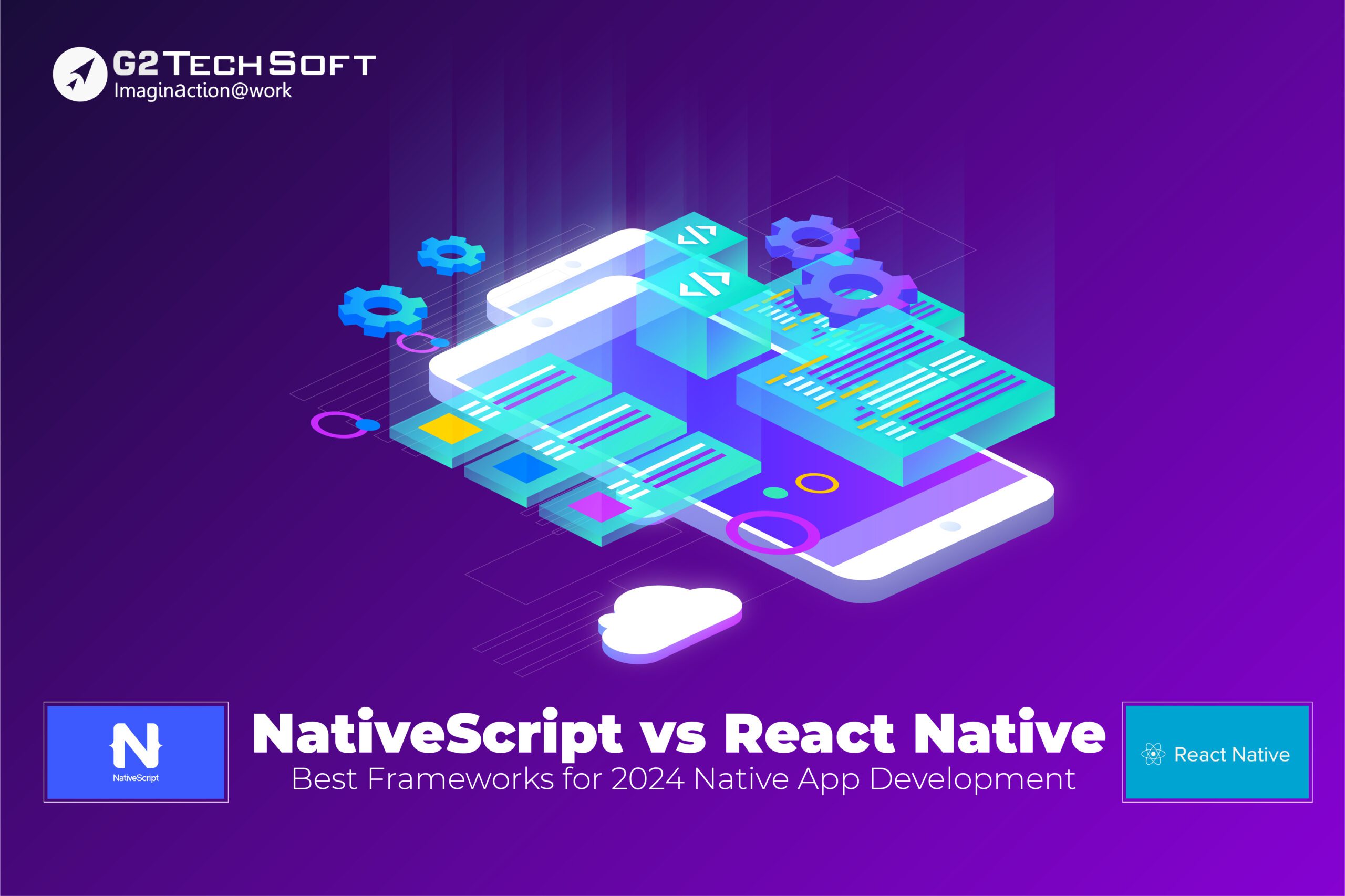
Navigating Your Digital Assets With Cloud Security Excellence
According to studies, an overwhelming majority of approximately 98% of organizations now leverage cloud services to some degree.
Cloud security market size involves presenting statistics to help readers comprehend the landscape. Additionally, outlining shared responsibilities among cloud security as a service can be effectively conveyed through a table. Cloud security, a crucial facet of cybersecurity, is dedicated to safeguarding cloud computing systems. It encompasses an array of technologies, policies, services, and security controls designed to protect an organization’s sensitive data, applications, and environments.
In the realm of cloud security, shared responsibilities include:
| Service Type | Vendor Responsibility | User Responsibility |
| SaaS | Application security |
|
| PaaS | Platform security, including all hardware and software |
|
| IaaS | Security of all infrastructure components |
|
Elevate Your Cloud Data Security By Knowing These Essential Best Practices:
Studies reveal that approximately 20% of files stored in the cloud are of critical importance. It is imperative to comprehend the nature of data on the cloud and regularly review access permissions to identify and address potential threats.
Partnering With Reliable Cloud Providers:
Before embracing the cloud, organizations must meticulously scrutinize the track record of potential service providers. Factors such as consistency in accountability, transparency, and adherence to regulatory standards should be assessed. Choosing providers with independent security audits and certifications based on regulatory standards is essent
Ownership Of Data And Security Measures:
While cloud providers host data, it remains the organization’s property. Organizations should inquire about the methods employed by cloud providers to safeguard sensitive data. Security measures can vary among providers, and understanding their specialization is crucial. Common security methods include tokenization and encryption.
Creating And Enforcing Cloud Security Guidelines:
Establishing comprehensive guidelines for data access, usage, and storage types is crucial. These guidelines should be uniformly followed to ensure data security. Whether provided by the cloud vendor or adopted separately, a fully automated setup with consistent guidelines is ideal.
Addressing Internal Security Threats:
Employees using cloud services need to be well-versed in cloud security. Developing a best practices dossier empowers employees to use the cloud securely. Setting policies based on individual employees’ use of cloud data minimizes unnecessary access, reducing the risk of internal security threats. Regular training is essential to keep employees informed about evolving technology and potential security risks.
Minimizing Data In The Cloud Environment:
Reducing the volume of data in the cloud environment is a strategic move to minimize security compliance requirements and associated costs. More data storage increases risks and the need for additional security measures, compliance adherence, and potential violation fines.
Seeking Expert Guidance On Cloud Security Practices:
If uncertainty persists in implementing effective cloud security measures, seeking expert guidance is recommended. Professionals can provide tailored advice on the best cloud computing security practices for an organization.
Exploring The Benefits And Overcoming Challenges In Cloud Security:
Better Visibility:
Organizations adopting a cloud-based, single-stack cybersecurity provider gain centralized visibility over all cloud resources. This heightened awareness enables security teams to detect and respond to potential threats effectively. These tools utilize advanced technology to enhance understanding of the cloud environment, ensuring proactive security measures.
Cybersecurity Consolidation:
A robust cloud security strategy involves consolidating security measures to safeguard both the cloud and other digital assets. Centralized management facilitates efficient control over software updates, policies, and recovery plans, streamlining the cloud cyber security infrastructure for enhanced efficiency.
Lower Costs:
Leading cloud security providers offer automated processes for vulnerability scanning, reducing the need for extensive human intervention. This automation not only frees up developers to focus on core priorities but also optimizes organizational budgets by minimizing reliance on additional security hardware.
Data Protection:
Effective cloud security providers prioritize data protection with features like access control, encryption of data in transit, and comprehensive data loss prevention plans. These measures ensure that the cloud environment remains secure, providing a default layer of defense against potential breaches.
Advanced Threat Detection:
Incorporating advanced threat detection, response capabilities, and threat intelligence is a crucial aspect of a robust cloud security platform. Having experts stay updated on known and emerging adversaries enables proactive preparation against potential attacks, enhancing overall security readiness.
Cloud Compliance:
Given the varied vulnerabilities in cloud environments, companies implement multiple security frameworks to ensure compliance with local and international regulations governing sensitive data privacy. Dynamic measures are in place to adapt to changes in the cloud environment, ensuring ongoing compliance with evolving standards.
By understanding and harnessing these benefits, organizations can fortify their cloud security posture and navigate the dynamic landscape of cybersecurity challenges.
The Top 10 Best Cloud Security Tools Redefining Digital Protection Today:
1. CrowdStrike Falcon:
CrowdStrike Falcon comprises next-generation endpoint protection solutions designed to detect, prevent, and respond to attacks. This cloud-based security tool is versatile and suitable for deployment in various business environments, supporting common operating systems such as Windows, macOS, and Linux. Utilizing artificial intelligence and machine learning, Falcon maintains vigilance against emerging threats with a minimal digital footprint, ensuring comprehensive coverage across the entire cloud architecture.
2. Barracuda CloudGen Firewall:
Barracuda CloudGen Firewall represents a cloud-based SaaS system offering end-to-end protection for distributed network infrastructures. This collection of next-generation appliances, including physical, virtual, and cloud-based variants, enhances the performance and security of software and hardware assets. It safeguards emails, applications, networks, and data, providing comprehensive protection and performance improvements.
3. Cloudflare:
Cloudflare is a prominent provider of cloud security tools, delivering acceleration and protection for websites, APIs, SaaS services, and connected devices. With a multifaceted approach, Cloudflare safeguards cloud servers, services, domain names, and CMS installations, ensuring reliable and popular cloud security solutions.
4. Zerospam:
Zerospam, tailored for smaller businesses, is a cloud-based email security tool utilizing AI-powered filtering technology. Serving as both an antivirus and anti-spam solution, Zerospam secures critical communication tools within corporate cloud systems, ensuring the safety of messaging systems.
5. TOPIA:
TOPIA is an innovative cloud security system focusing on vulnerability management. By collecting data across digital infrastructures, TOPIA proactively identifies and mitigates vulnerabilities before they pose threats. This software aids businesses in detecting, analyzing, and remedying cybersecurity threats, offering IT administrators a consistent and comprehensive approach to security.
6. Trend Micro Cloud One: Workload Security
Formerly known as Deep Security, Trend Micro Cloud One—Workload Security is a cloud-based threat defense system. Offering protection against vulnerabilities, malware, and unauthorized access, this comprehensive security service includes features such as runtime security for various workloads, cloud network layer security, serverless security, and protection for cloud file and object storage services.
7. Rubrik:
Rubrik provides a solution for data center and cloud data backup and recovery, featuring automatic recovery from failures. With highlights including in-depth reporting and scalability, Rubrik ensures efficient data management and recovery capabilities.
8. Orca Security:
Orca Security is a SaaS tool providing in-depth visibility into AWS, Azure, and GCP. Positioned as a replacement for legacy vulnerability assessment tools, Cloud Workload Protection Platforms (CWPP), and Cloud Security Posture Management (CSPM), Orca Security offers comprehensive cloud security solutions.
9. Splunk Enterprise Security:
Splunk Enterprise Security is a software platform facilitating machine data analysis for real-time operational intelligence on digital assets. Admins can search, analyze, and visualize data gathered from various IT infrastructure sources, making it a valuable tool for cybersecurity.
10. Zscaler:
Zscaler offers a comprehensive suite of cloud-delivered security services, making it an ideal tool for protecting users of cloud applications. With two main services, Zscaler Internet Access (ZIA) and Zscaler Private Access (ZPA), the company ensures robust security for on-demand software service providers and their clients.
Key Takeaways:
By understanding and implementing shared responsibilities and best practices and leveraging cutting-edge tools, organizations can elevate their cloud security posture. The journey towards cloud security excellence involves continuous adaptation, proactive measures, and collaboration with reliable tools and experts in the field. As the digital landscape evolves, embracing a holistic approach to cloud security remains the cornerstone for safeguarding valuable digital assets.
Choose G2 TechSoft To Properly Secure Your Cloud:
Choosing G2 TechSoft transcends a conventional cloud security services provider; it signifies cloud security best practices. Their blend of unmatched expertise, commitment to innovation, tailored solutions, rigorous compliance adherence, proactive threat intelligence, continuous monitoring, and transparent communication collectively positions them as a standout choice in the competitive landscape of cloud security.
As a forward-thinking ally, G2 TechSoft not only addresses current security needs but anticipates and adapts to future challenges, ensuring your cloud environment remains secure, resilient, and aligned with the highest standards of cybersecurity excellence.




